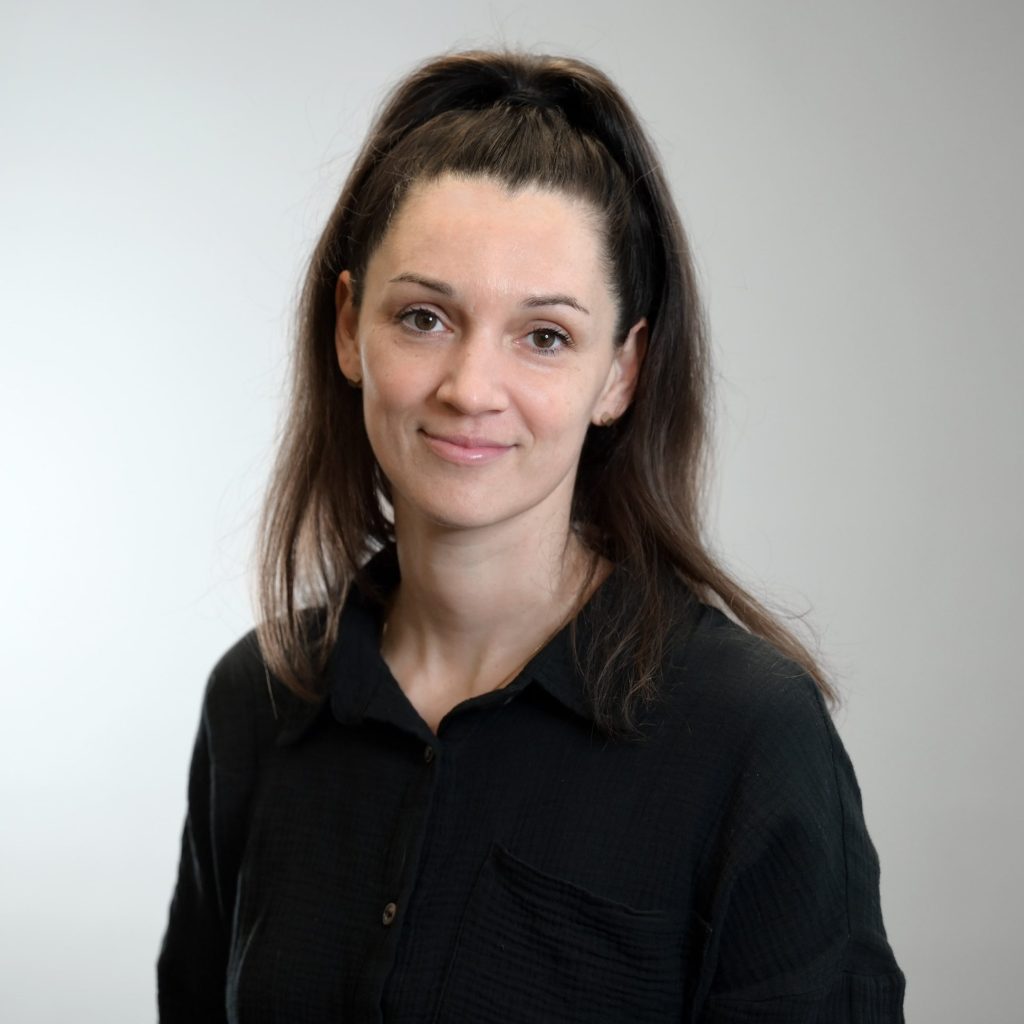Welcome to the Machine Learning Human Behavior lab, where we explore the intersection of machine learning, neuroscience, and cognitive science to deepen our understanding of human behavior.
Our research focuses on understanding how humans think and act, using machine learning to model and predict behavior in real-world contexts and controlled experimental settings. By drawing inspiration from cognitive science, we aim to design AI architectures that mimic human-like learning and problem-solving. At the same time, we leverage AI tools to gain deeper insights into the complexities of human cognition and behavior.
We are also deeply committed to fostering collaborations with the humanities and social sciences. We believe that a comprehensive understanding of human behavior requires insights from these disciplines, particularly in areas such as ethics, culture, social dynamics, and human values. By partnering with researchers in psychology, philosophy, sociology, and other fields, we aim to build AI systems that are not only intelligent but also socially aware, ethically aligned, and adaptable to the diverse contexts in which humans live and interact.

- on February 5, 2025 at 6:50 am
Die Vereinbarkeit von Familie und Beruf ist für viele Menschen ein Spagat. Auch Heidi Klum scheint da keine Ausnahme zu sein: Sie habe sich als junge Mutter »oft zerrissen gefühlt«.
- on February 5, 2025 at 6:47 am
Mit Milliarden Paketen voller Billigware fluten chinesische Internethändler den Westen. Brüssel arbeitet laut einem Medienbericht nun an einer Gebühr, die US-Post will vorerst gar keine Sendungen mehr ins Land lassen.
@durstewitzlab.bsky.social – DurstewitzLab Scientific AI/ machine learning, dynamical systems (reconstruction), generative surrogate models of brains & behavior, applications in neuroscience & mental health
- on January 26, 2025 at 11:28 am
Toward interpretable #AI foundation models for #DynamicalSystems reconstruction: Our paper on transfer & few-shot learning for dynamical systems just got accepted for #ICLR2025 ! Previous version: arxiv.org/pdf/2410.04814; strongly updated version will be available soon … (1/4)
- on December 25, 2024 at 12:09 pm
That paper discusses an important issue for RNNs as used in neurosci. But we would argue that many RNN approaches do not truly reconstruct DS, for which we demand also agreement in long-term stats, attractor geometry, and generative perform. (esp. in chaotic systems, MSE as stats can be misleading). [contains quote post or other embedded content]
- on December 24, 2024 at 12:39 pm
Now may be a good time to introduce our group on bsky with some of our contrib. to dynamical systems reconstruction (DSR) from past year. By DSR we mean learning a *generative surrogate model* of a dyn. process from TS data which reproduces full attractor & generalizes to new init. conditions (1/6)
- on December 22, 2024 at 10:03 am
Good targets for foundation/ inference models/ LLMs … [contains quote post or other embedded content]
- on December 16, 2024 at 6:45 am
Can really recommend this excellent talk by Christoph Bergmeir at https://neurips.cc/virtual/2024/workshop/84712#collapse108471 yesterday … on the inability of Transformer- & LLM-based recent time series models to beat even simple baselines *if you do the stats and testing right*! A lesson in careful stat. eval.






